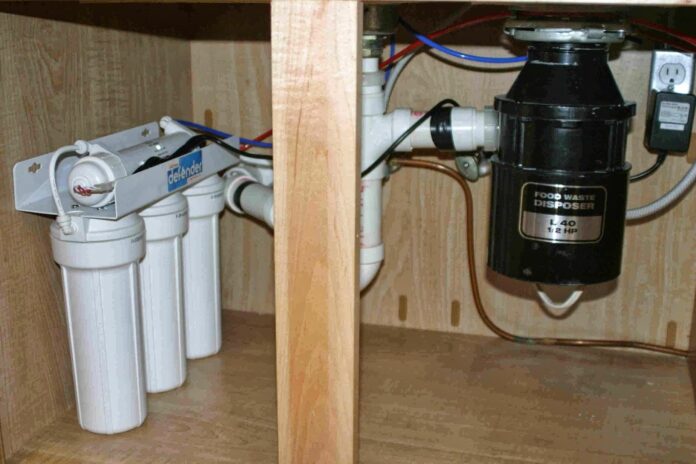Clean and safe water is a fundamental necessity for every household. With concerns about water quality and contaminants on the rise, investing in a whole house water filter has become a popular choice among homeowners. In this informative guide, we’ll delve into the world of whole house water filter, their advantages, how they differ from kitchen water filters, and why they are a vital addition to your home.
Understanding Whole House Water Filters
- Comprehensive Filtration
- A whole house water filter is installed at the main water line, ensuring that all water entering your home is filtered for contaminants.
- Multiple Filtration Stages
- These systems often include multiple filtration stages, removing a wide range of impurities, including sediment, chlorine, heavy metals, and more.
- Convenient and Low Maintenance
- Once installed, whole house water filters require minimal maintenance, typically needing filter replacements every six months to a year.
Advantages of Whole House Water Filters
- Clean Water for All Uses
- Ensures that every faucet in your home, from the kitchen to the bathroom, delivers clean and safe water for drinking, cooking, bathing, and more.
- Protection for Appliances
- Extends the lifespan of appliances like washing machines, dishwashers, and water heaters by preventing mineral buildup and sediment.
- Health Benefits
- Reduces exposure to contaminants, promoting better health for you and your family.
How Whole House Water Filters Differ from Kitchen Water Filters
- Scope of Filtration
- Whole house filters treat water for the entire home, while kitchen water filters are typically point-of-use systems, focusing only on the water used in the kitchen.
- Installation Location
- Whole house filters are installed at the main water line, usually in the basement or utility room, while kitchen filters are installed directly under the sink or connected to the faucet.
- Comprehensive Filtration
- Whole house filters provide multi-stage filtration, removing a wider range of contaminants, whereas kitchen filters have a more limited scope.
Choosing the Right Whole House Water Filter
- Water Quality Testing
- Begin by testing your water quality to identify specific contaminants and determine the appropriate filtration needs.
- Flow Rate Consideration
- Ensure that the filter system you choose can handle the flow rate required for your household’s water usage.
- Filter Type
- Select the filter type based on your water quality issues, whether it’s sediment, chlorine, heavy metals, or specific contaminants.
- Certifications
- Look for filters certified by reputable organizations like NSF or ANSI to ensure their effectiveness.
Conclusion
Investing in a whole house water filter is a proactive step toward safeguarding your home and family from waterborne contaminants. These comprehensive filtration systems provide clean and safe water for all your daily needs, from drinking and cooking to bathing and laundry. Unlike kitchen water filters, whole house systems offer a more extensive scope of filtration, protecting not only your health but also your appliances and plumbing.
So, whether you’re concerned about the quality of your well water or looking to enhance the taste and safety of your city water supply, a whole house water filter is a versatile and valuable addition to your home. Prioritize the health and well-being of your household by installing a whole house water filter, ensuring that pure and safe water flows from every faucet.

